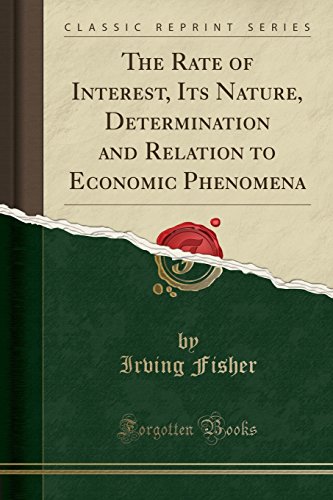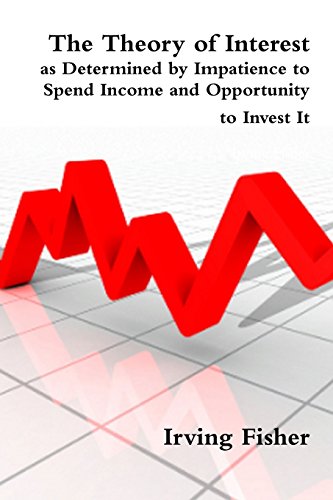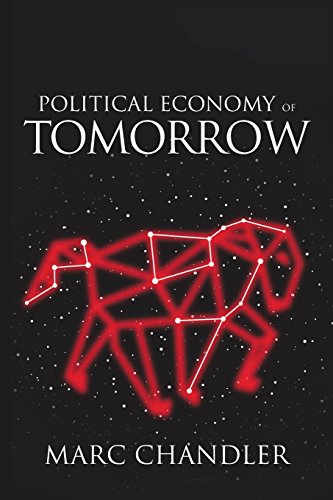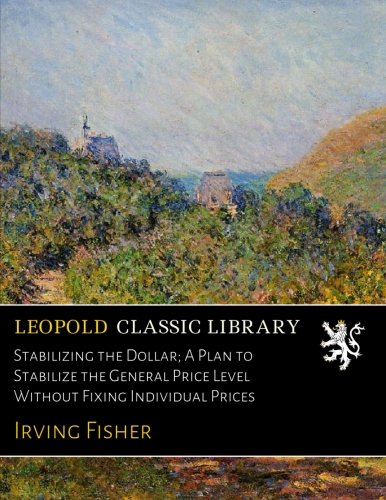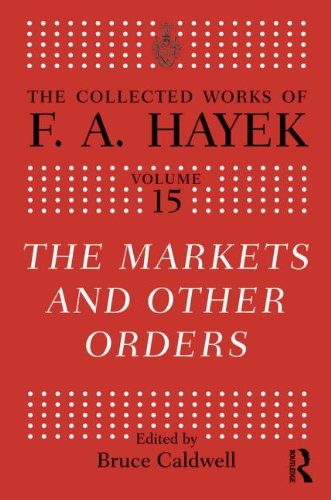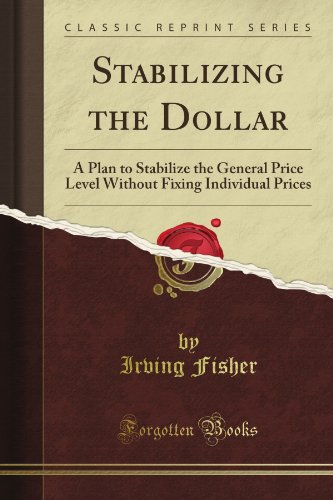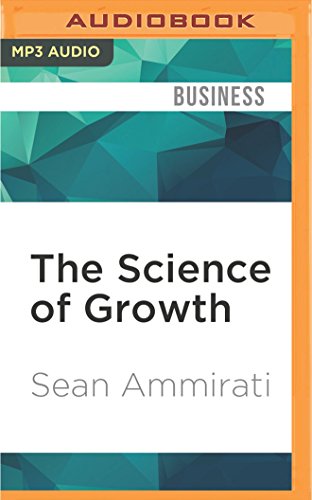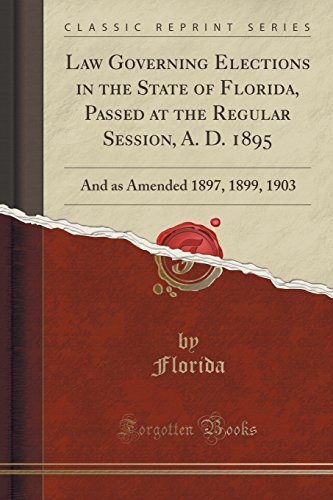
On the Origins of Money is a discussion of the history of money and currency, from its crudest form as cowrie shells, animal pelts, and salt in early societies to the coin and paper money we use today. Rather than focusing on the type or shape of the money, author and economist Carl Menger looks at the reasons behind monetary exchange and why money is so valuable (or where it gets its inherent value). His argument centers on the “saleableness” of the goods or commodities being sold-in other words, the more “saleable” (or valuable or in demand) an item is, the more money it is worth. Hence, money gets its value from the objects it pays for. This short work is an insightful look into the history and value of money for any student or professional economist. CARL MENGER (1840-1921) was an Austrian economist, scholar, and author. He founded and taught at the Austrian School of Economics, where he authored several publications, mostly about the theory of marginal utility, which was directly in opposition to the then-favored cost-production theory of value, and which sparked controversy with his German colleagues. Before he retired from teaching to focus on research and study, Menger was appointed as the head of a commission to reform the Austrian monetary system. It was during this time that he wrote several well-known pieces about the purpose and origin of money and capital.
Author: Carl Menger
Binding: Paperback
EAN: 9781616407841
Condition: New
Manufacturer: Cosimo Classics
Number of items: 1
Number of pages: 36
Product group: Book
Studio: Cosimo Classics
Publication Date: 2012-12-14
Publisher: Cosimo Classics
Pages: 36
ISBN: 1616407840






















